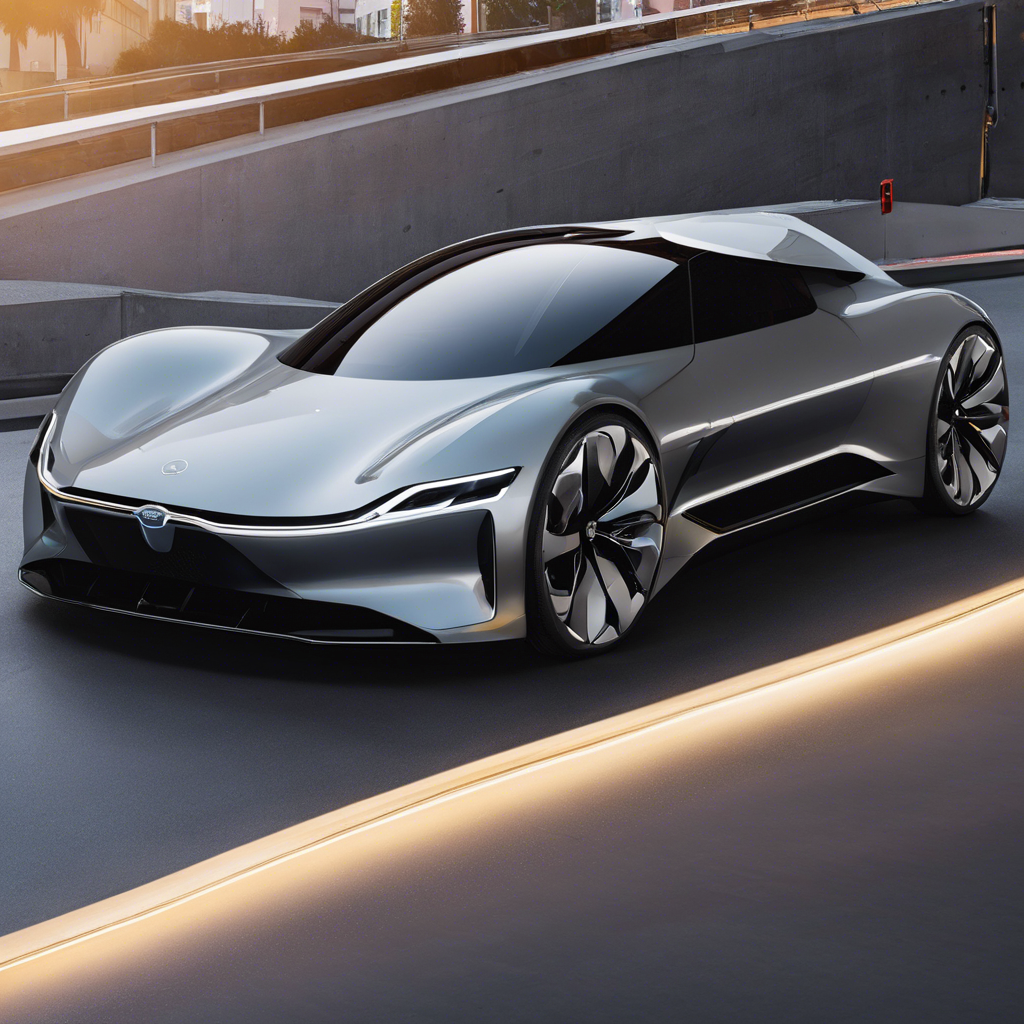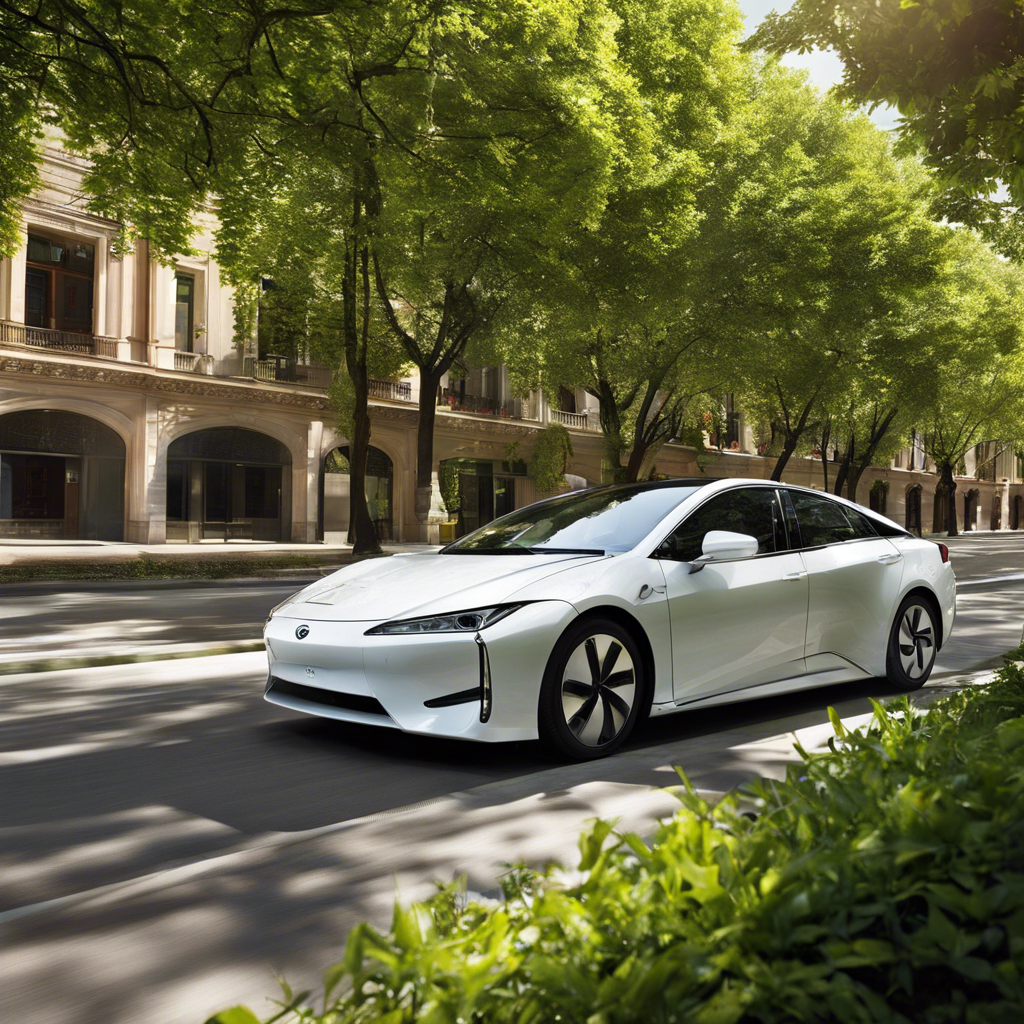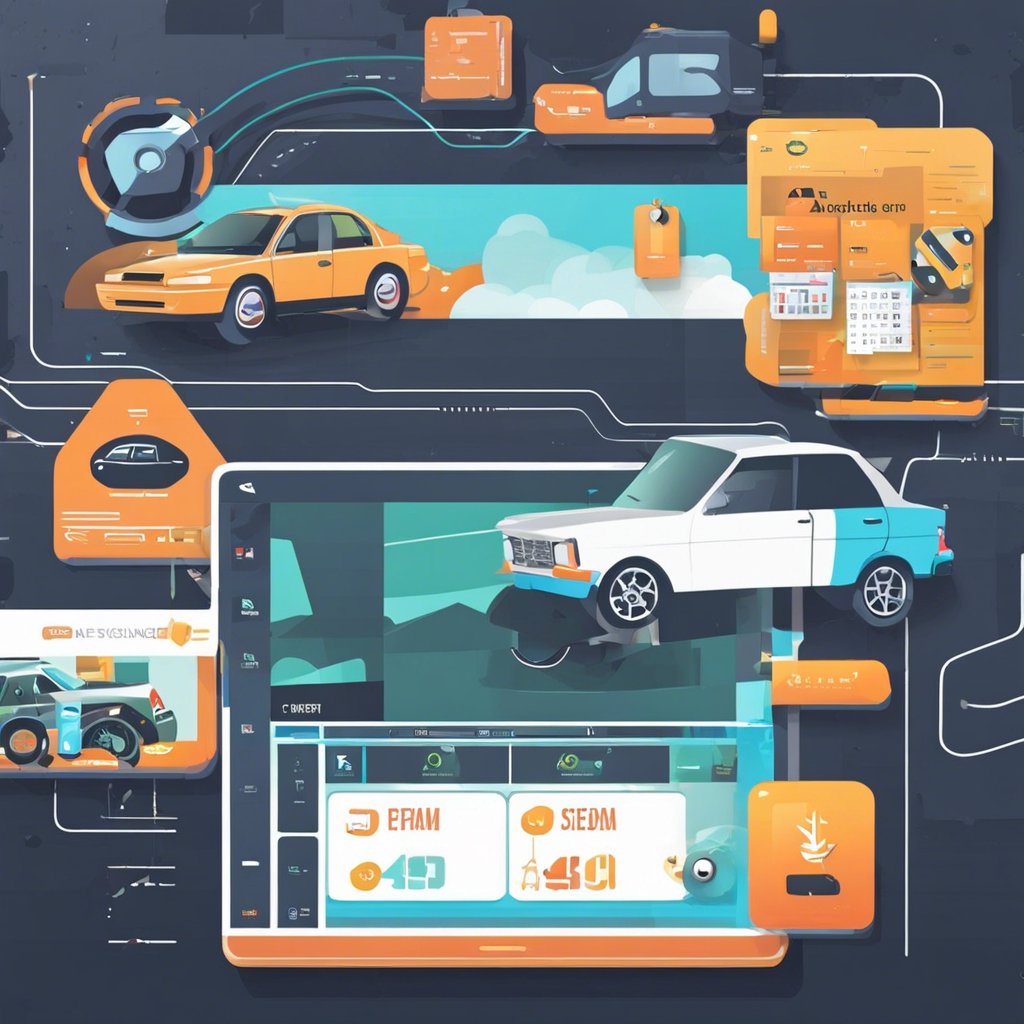The automotive industry is undergoing a significant transformation, and technology is at the heart of this evolution. From electric and autonomous vehicles to advanced driver-assistance systems (ADAS) and connectivity, the cars of the future will look very different from those of today, both under the hood and in the overall driving experience. This article explores the impact of technology on the automotive industry and how it is shaping the future of mobility.
Electric vehicles (EVs) are arguably the most visible way in which technology is transforming the automotive sector. With governments and consumers alike seeking more environmentally friendly options, carmakers are investing heavily in EV technology. We are seeing an increasing range of electric models, from compact city cars to high-performance vehicles, and this trend shows no sign of slowing down. The push for electrification has also spurred innovations in battery technology, with researchers developing longer-lasting and faster-charging batteries to improve the overall EV ownership experience.
Autonomous vehicles are another key area where technology is making strides in the automotive industry. Once a futuristic concept, self-driving cars are now a reality, with several companies already offering advanced driver-assistance systems that enable varying levels of autonomous driving. While fully autonomous vehicles are still in the development and testing phases, the potential benefits in terms of safety and efficiency are driving the rapid advancement of this technology.
The automotive industry is also embracing digital connectivity, with in-car infotainment systems and telematics becoming increasingly common. These connected car features not only enhance the driving experience through real-time traffic updates and seamless multimedia integration but also enable remote diagnostics and over-the-air updates, keeping vehicles up-to-date and efficient. The data generated by connected cars also has immense potential for improving road safety, traffic management, and the development of smart cities.
As technology continues to advance, we can expect even more innovative developments in the automotive industry. One area of focus is hydrogen fuel cell technology, which offers a clean and efficient alternative to traditional internal combustion engines. Lightweight materials and advanced manufacturing techniques are also being explored to enhance vehicle performance and efficiency, while 3D printing is making inroads in the rapid prototyping and customization of automotive parts.



